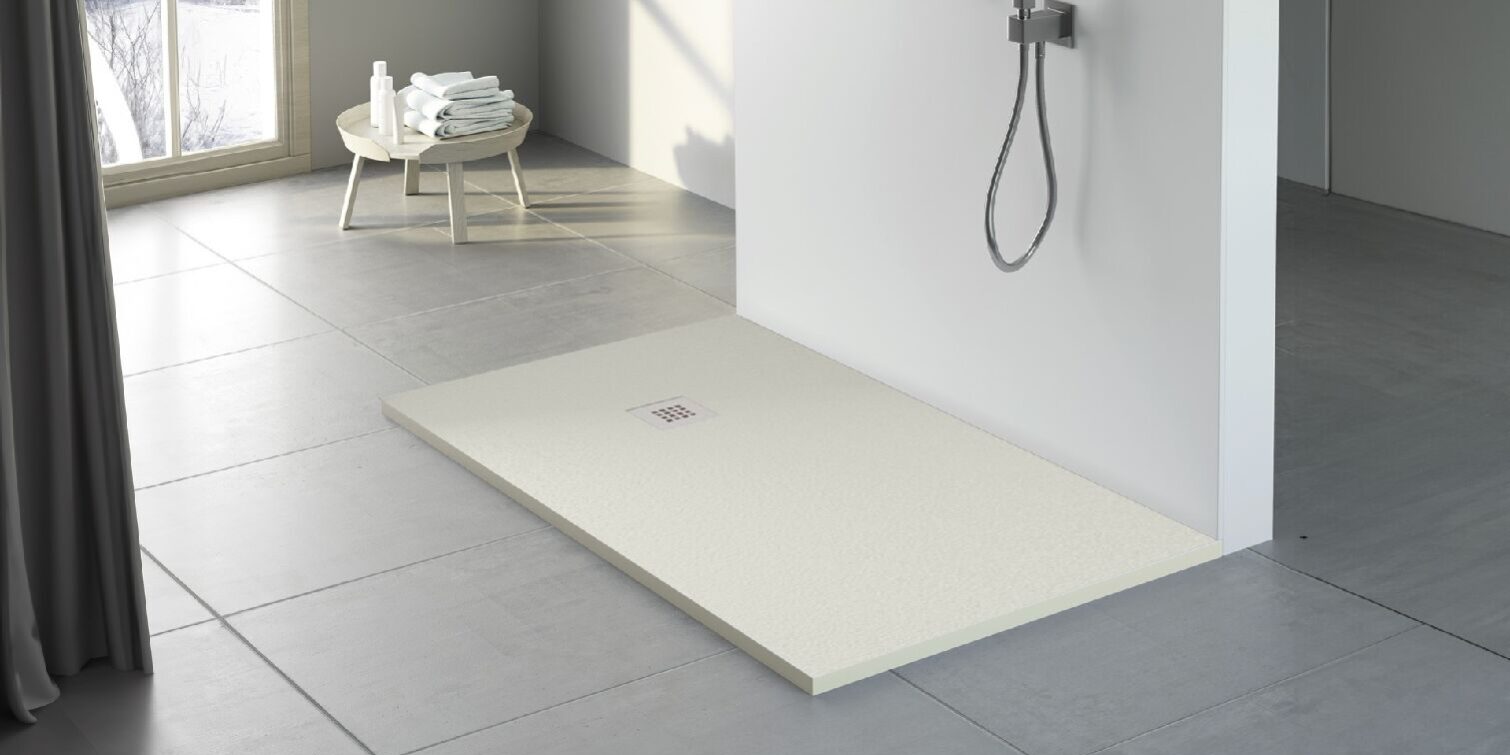Explore the differences between ultralight and resin shower trays in our comprehensive guide. From installation to durability, discover the advantages of each type and make an informed decision for your bathroom. Dive into our comparative analysis to find the perfect shower tray for your needs.
Advantages of Ultralight Shower Tray
Ultralight shower trays are gaining popularity due to their modern design and practical benefits. Here are some key advantages of ultralight shower trays:
- Lightweight Construction: As the name suggests, ultralight shower trays are significantly lighter than their resin counterparts. This makes them easier to handle, transport, and install, reducing labor costs and installation time.
- Durability: Despite their lightweight nature, ultralight shower trays are highly durable. They are typically made from advanced composite materials that offer excellent resistance to impacts, scratches, and daily wear and tear.
- Ease of Installation: The lightweight design of ultralight shower trays simplifies the installation process. They can be installed quickly and easily, often without the need for additional structural support.
- Versatile Design: Ultralight shower trays come in a variety of sizes, shapes, and finishes, allowing you to choose a design that perfectly matches your bathroom decor and layout.
- Waterproof Properties: These trays were made to be completely waterproof, preventing water damage and ensuring long-term performance.
Differences in Material Composition: Ultralight vs Resin
Understanding the material composition of ultralight and resin shower trays is crucial for making the right choice for your bathroom. Here are the main differences between these two types of shower trays:
Ultralight Shower Trays:
- Composite Materials: Ultralight shower trays are made from a blend of advanced composite materials, such as polyurethane foam coated with acrylic or gelcoat. This combination provides a robust yet lightweight structure.
- Insulation Properties: The materials used in ultralight shower trays often have excellent thermal insulation properties, making them more comfortable underfoot and helping to retain heat in the shower area.
Resin Shower Trays:
- Solid Surface Construction: Resin shower trays are typically made from a mixture of natural stone and resin, creating a solid and dense surface. This gives them a substantial and premium feel.
- High Strength: The solid surface construction of resin shower trays makes them extremely strong and resistant to heavy impacts. They are less likely to crack or chip compared to other materials.
- Smooth Finish: Resin trays often feature a smooth, polished finish that adds a touch of luxury to the bathroom. The non-porous surface is also easy to clean and maintain.
By comparing the advantages and material compositions of ultralight and resin shower trays, you can better understand which option suits your needs and preferences.
Conclusion: Making the Right Choice
Choosing between an ultralight shower tray and a resin shower tray depends on your specific requirements and bathroom design. If you prioritize ease of installation, lightweight construction, and modern design, an ultralight shower tray may be the best choice. On the other hand, if you seek durability, a premium feel, and a solid surface, a resin shower tray could be the ideal option.
Ultimately, both types of shower trays offer excellent performance and aesthetics, ensuring that your bathroom renovation project is a success. Evaluate your priorities and consult with a professional installer to determine the best shower tray for your space.







